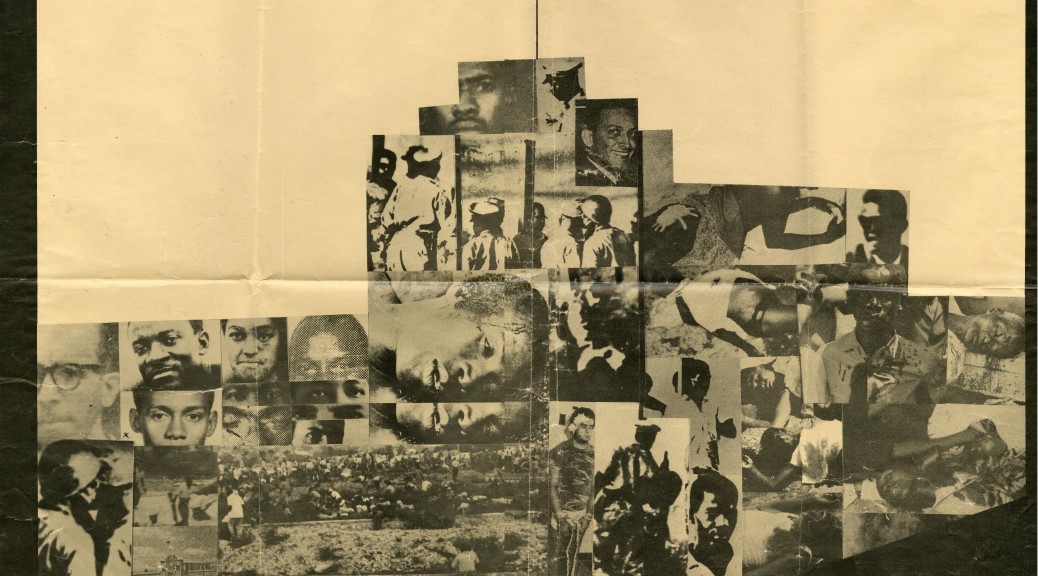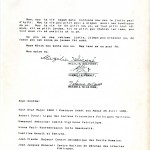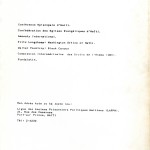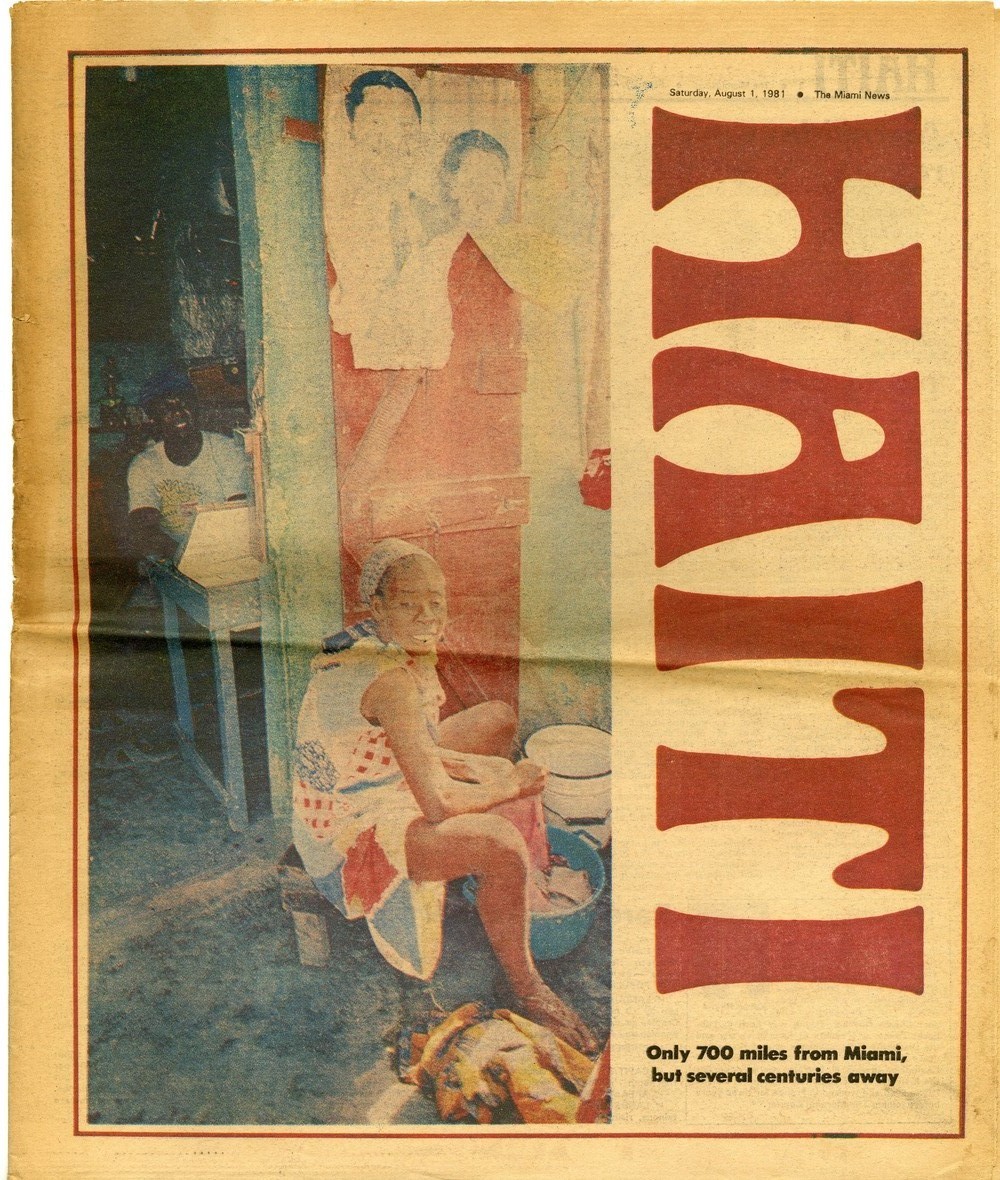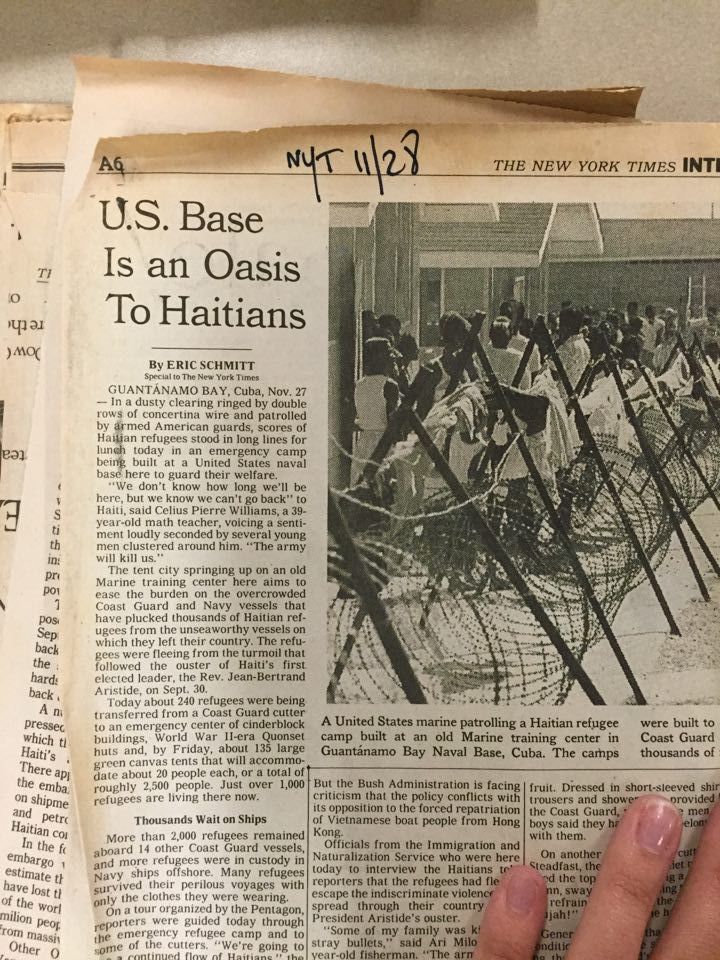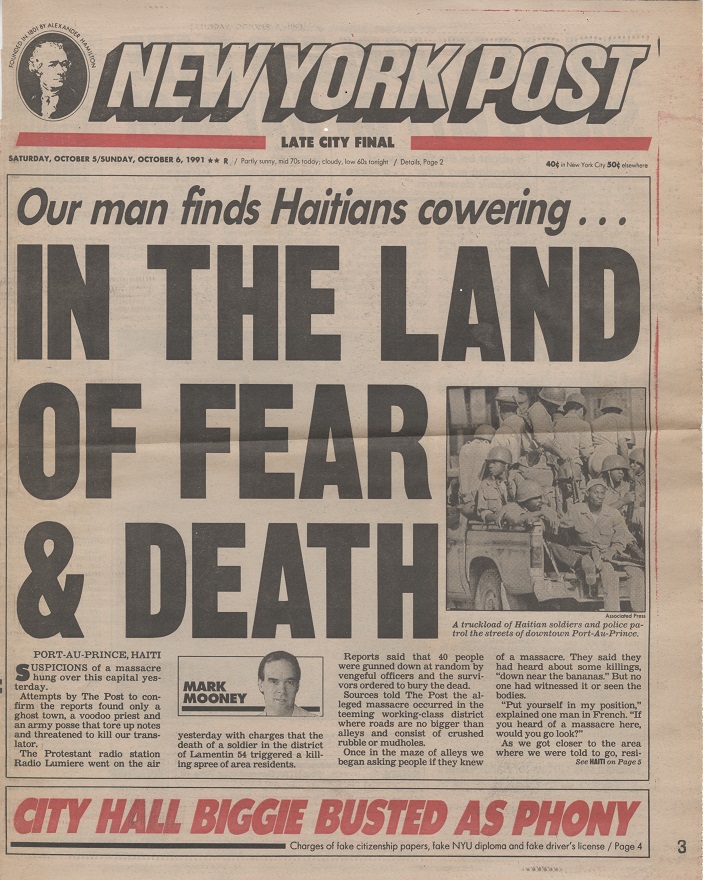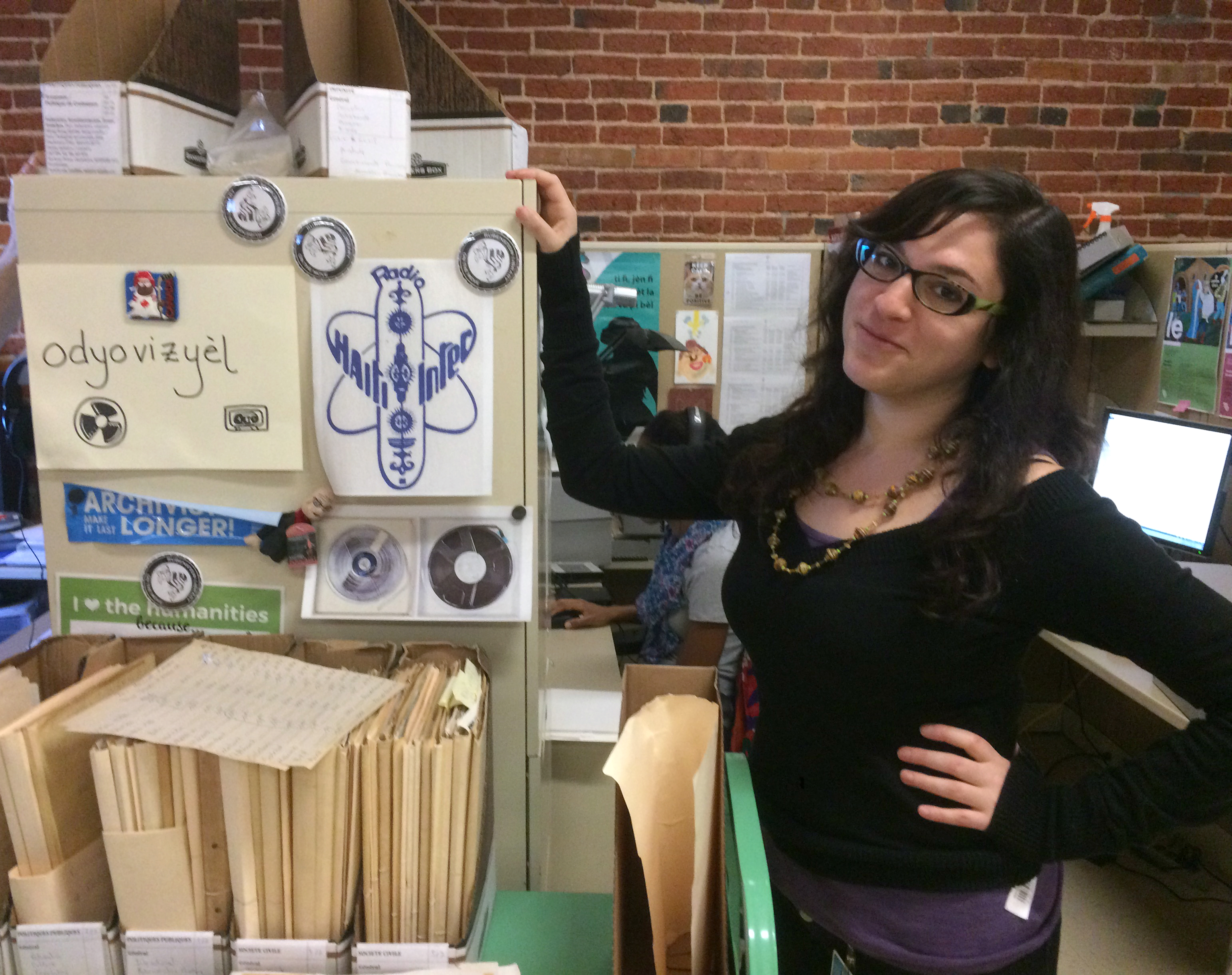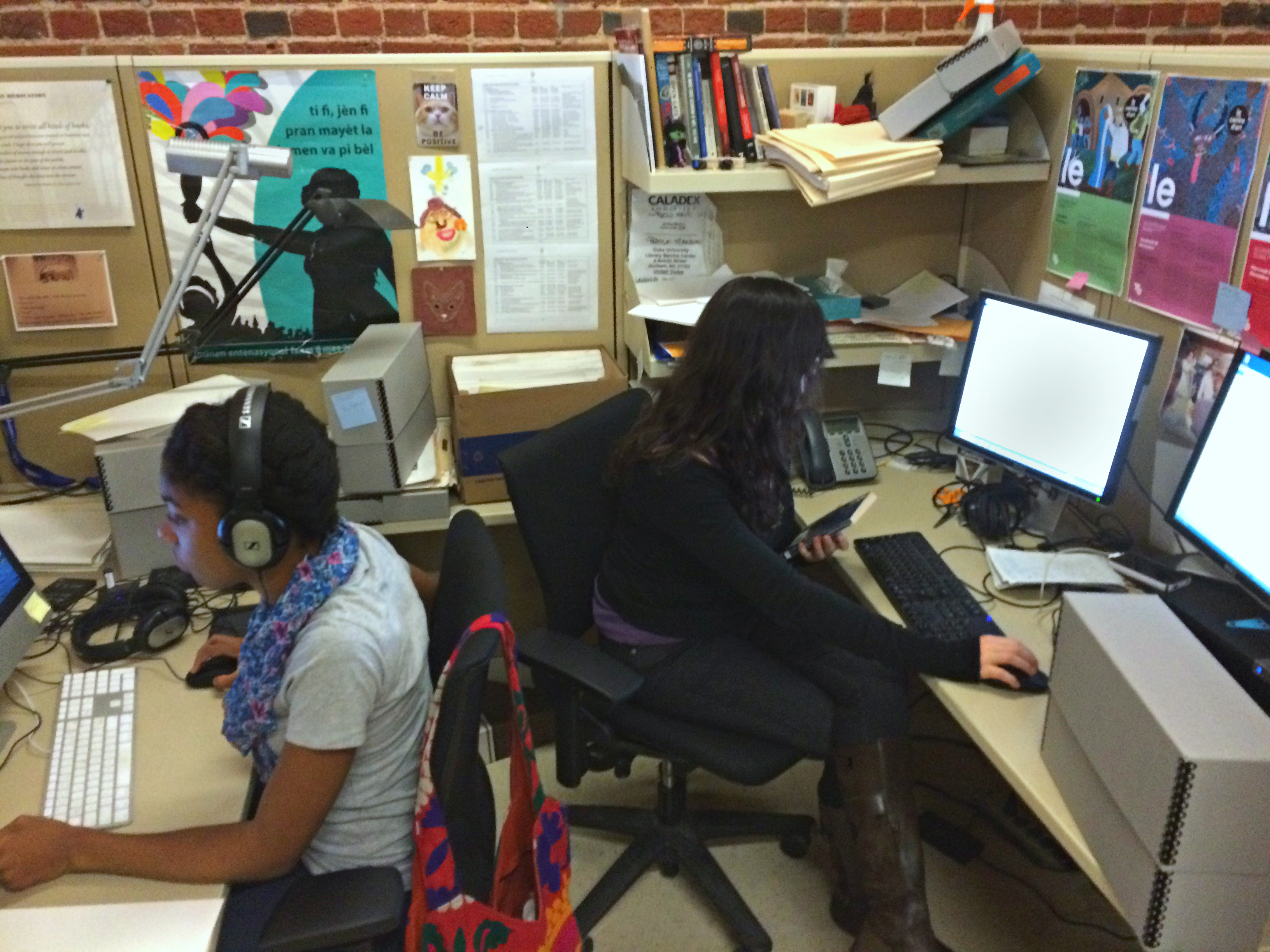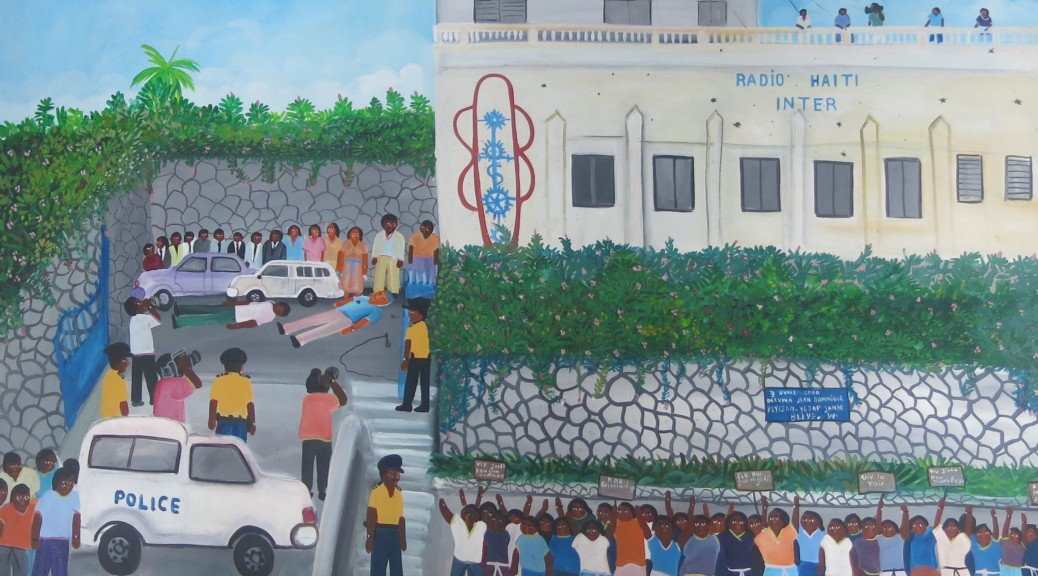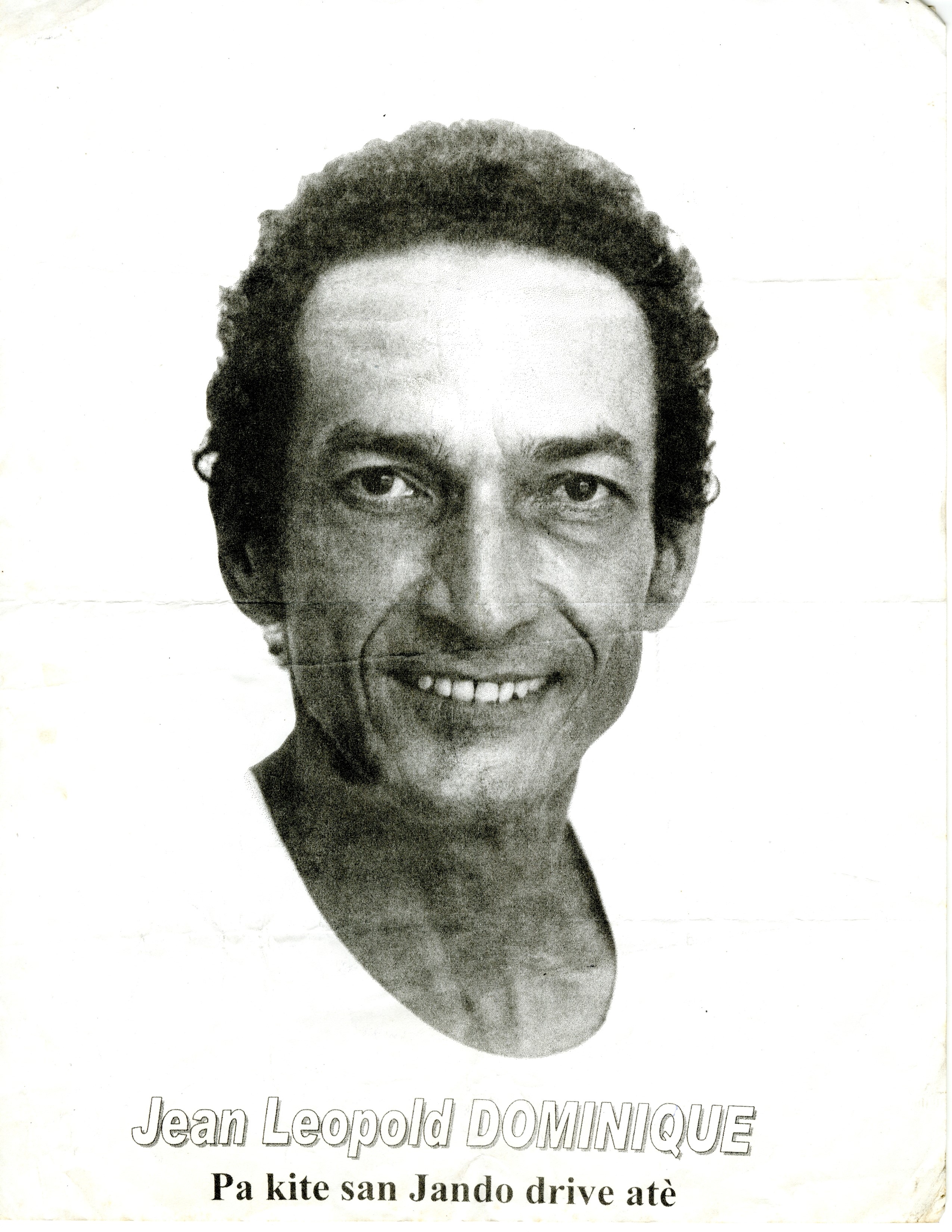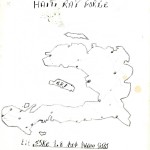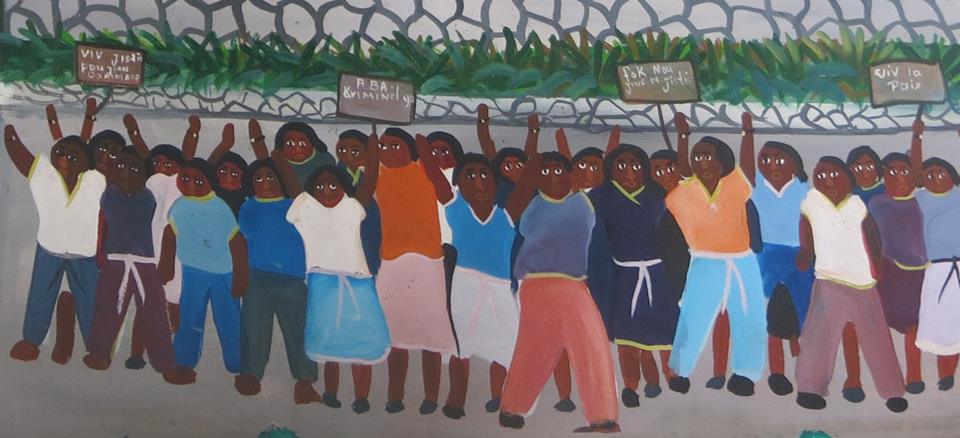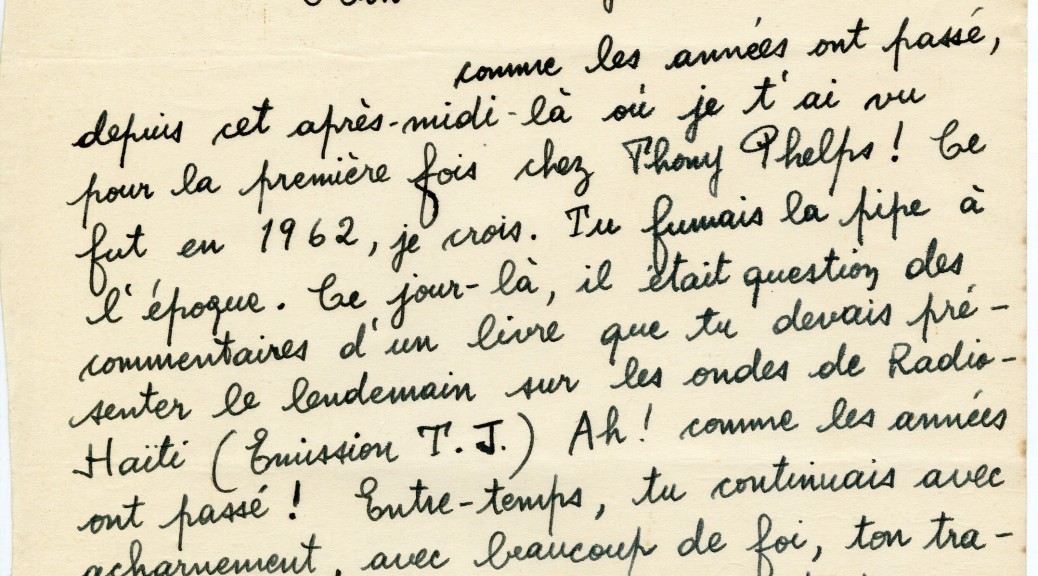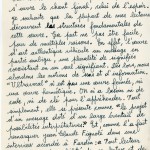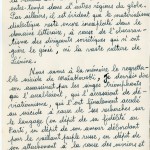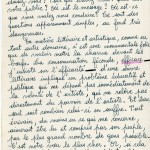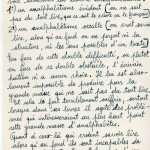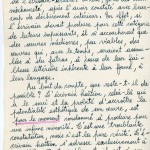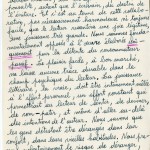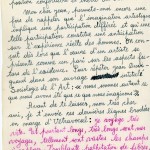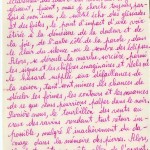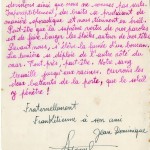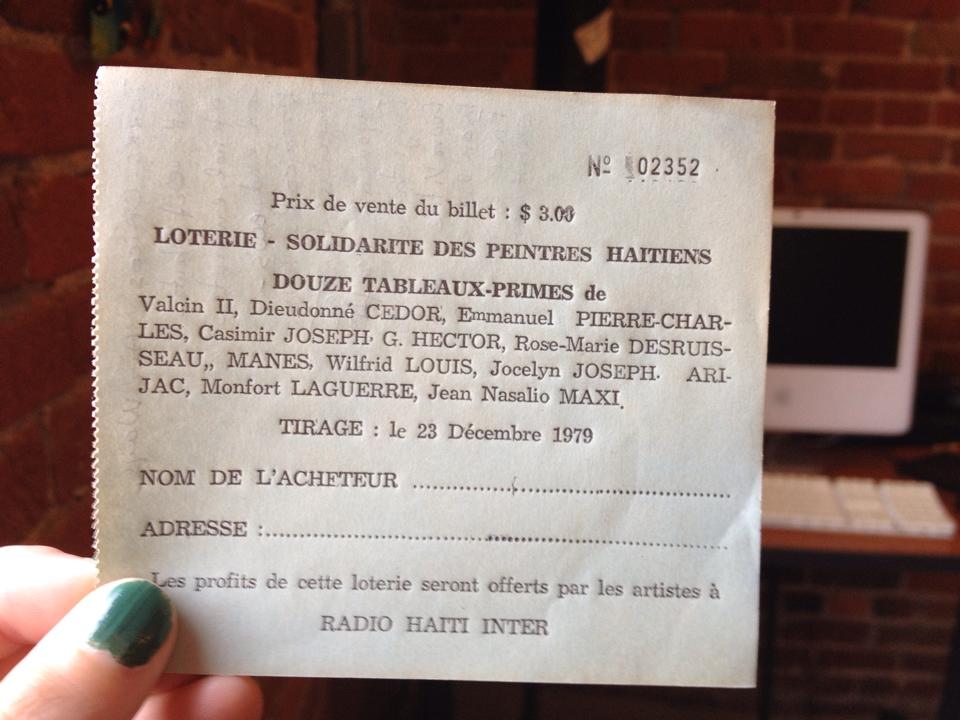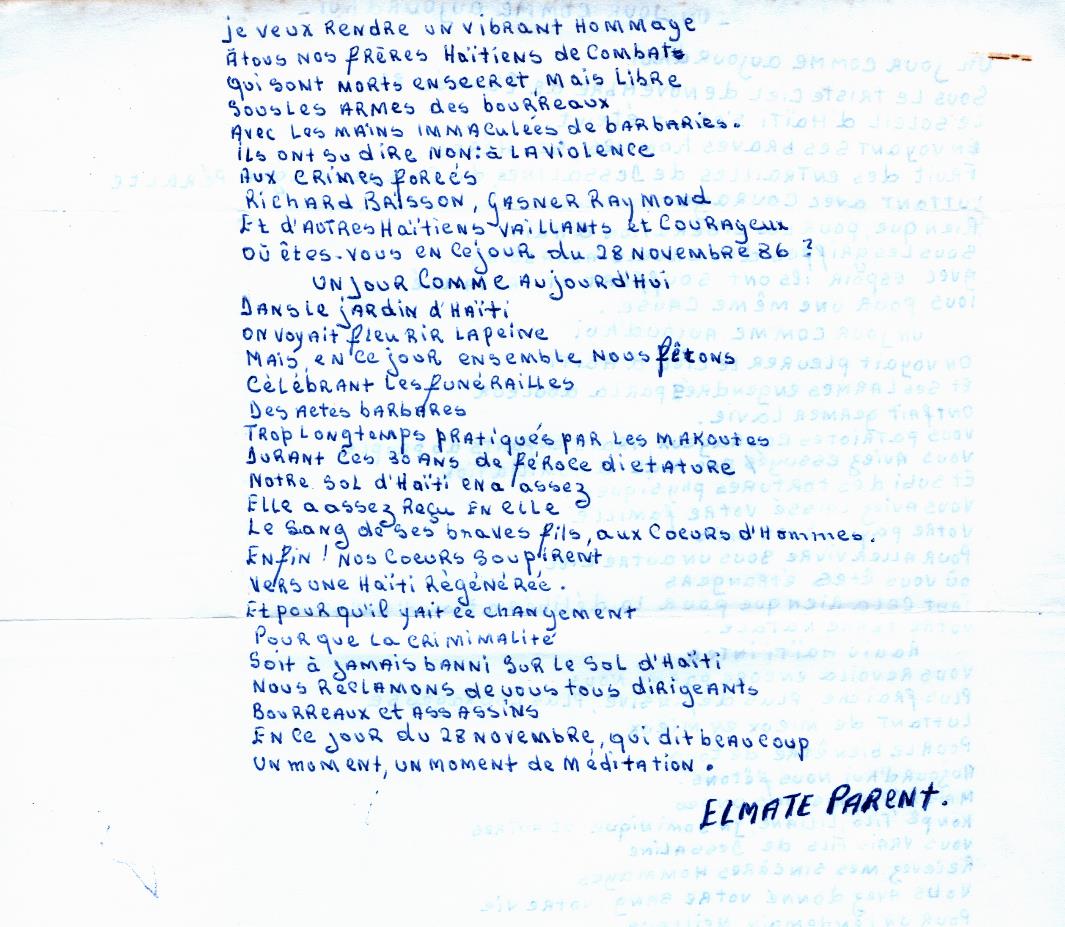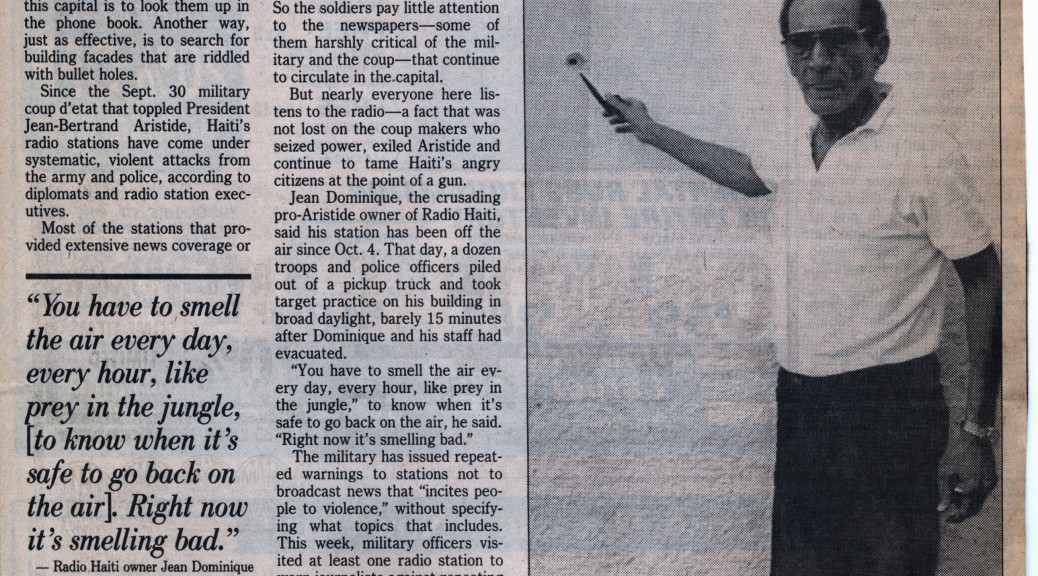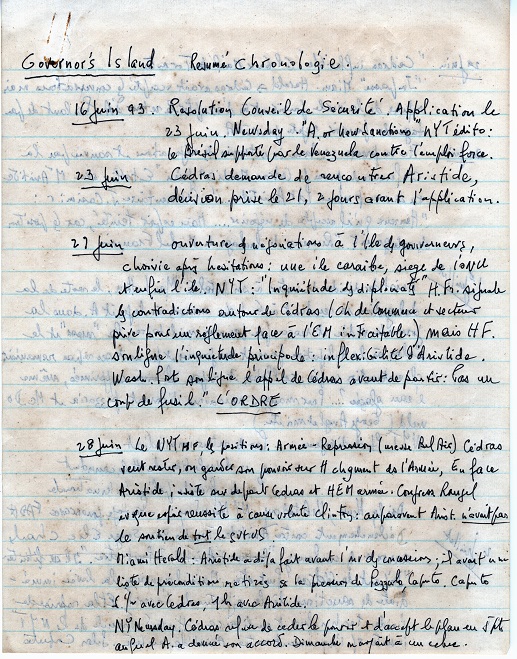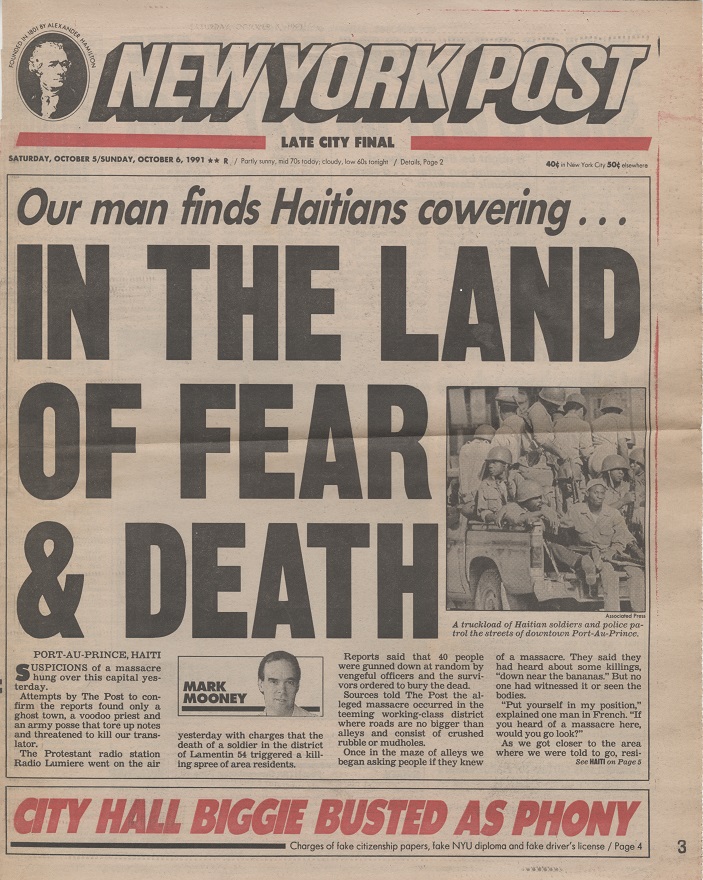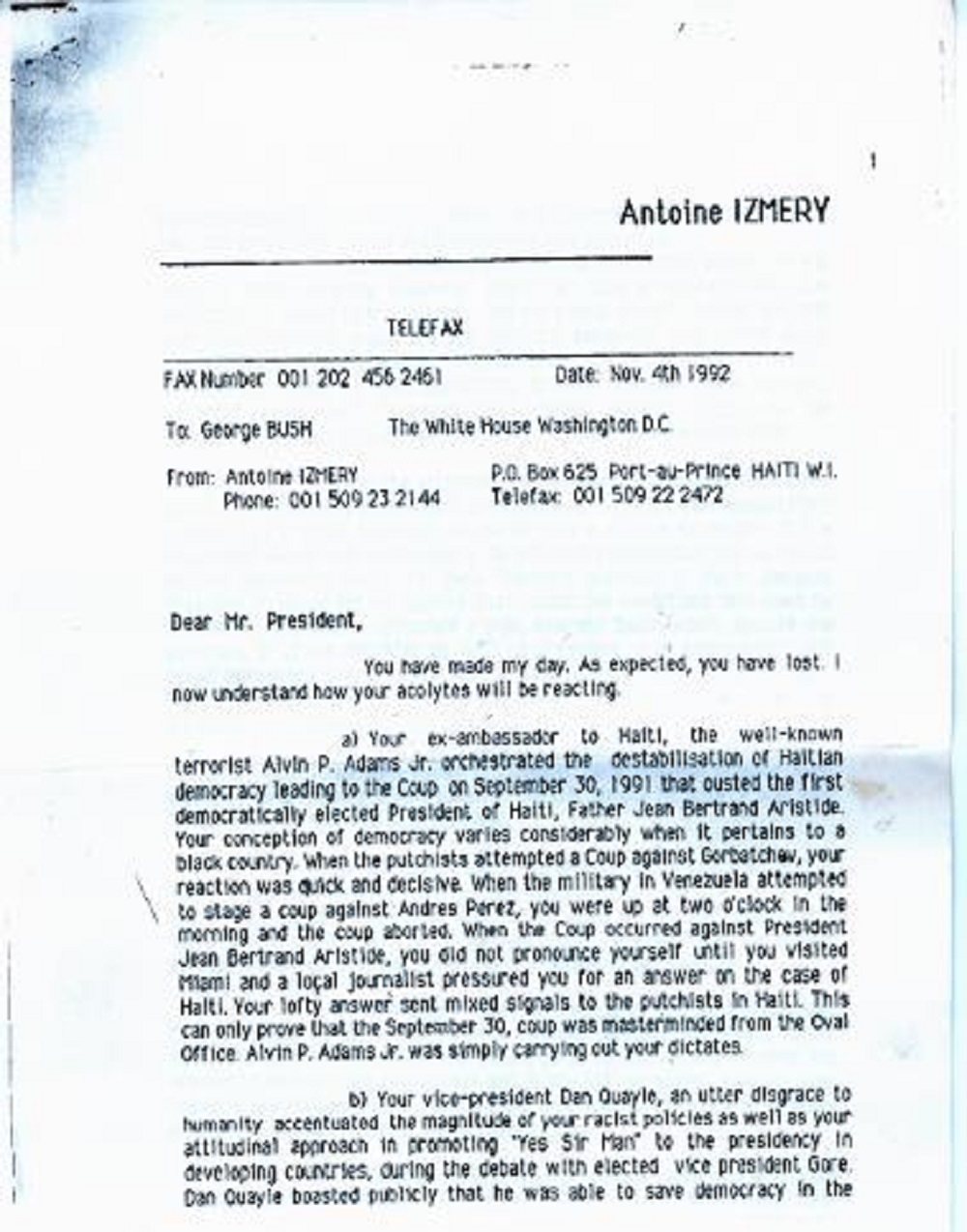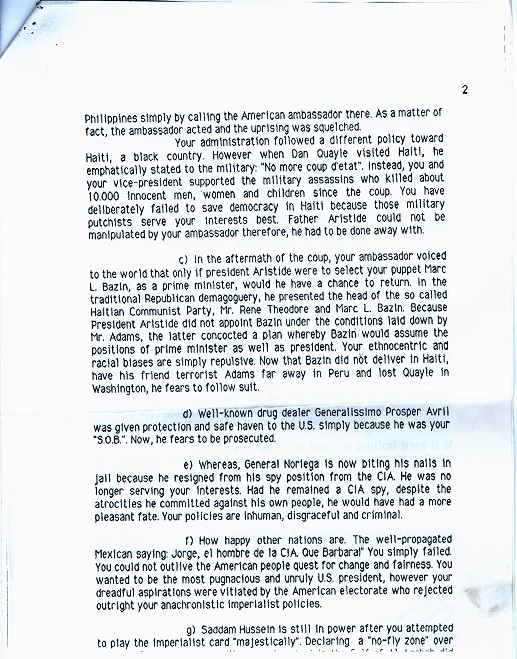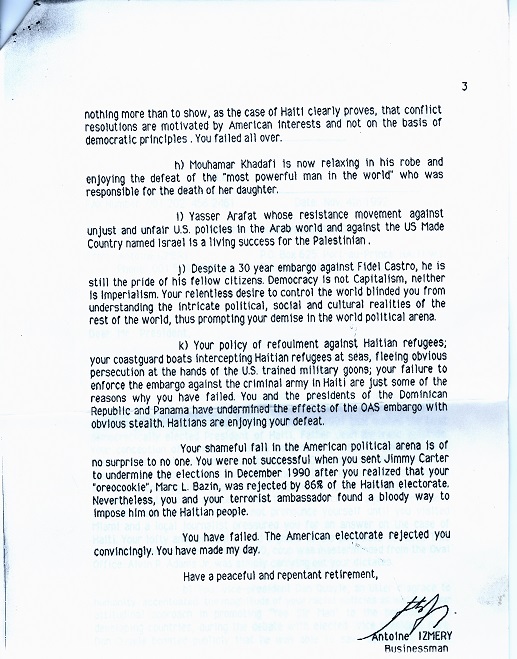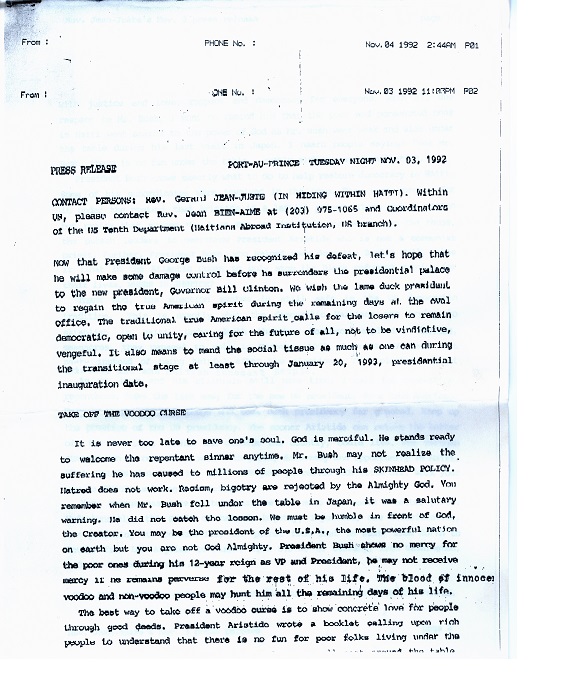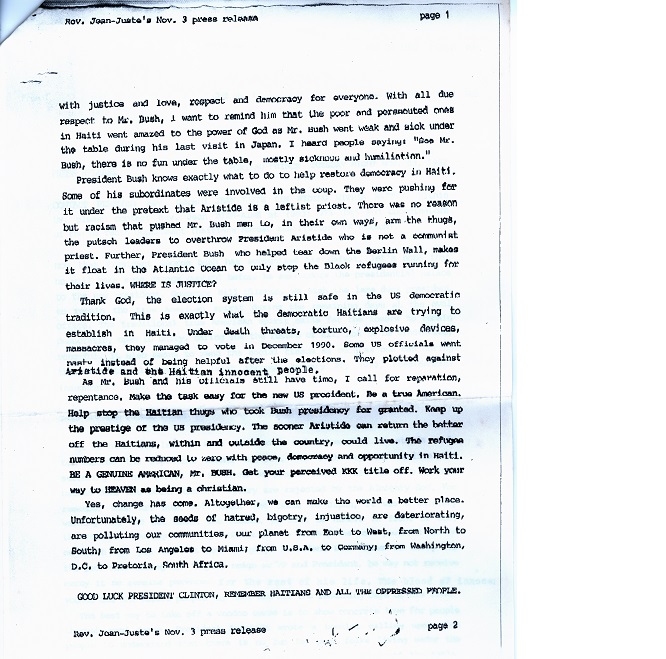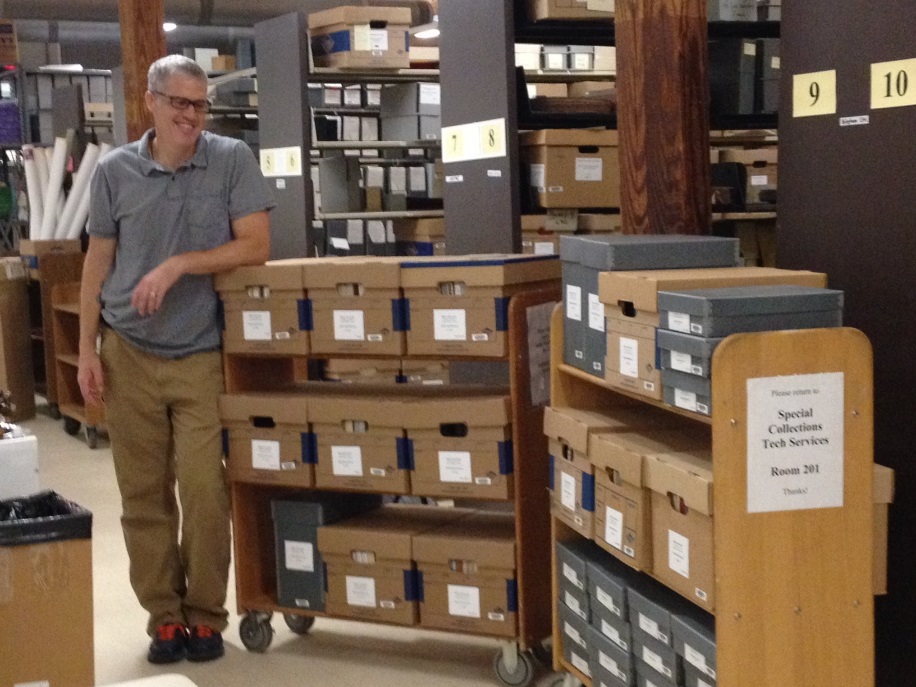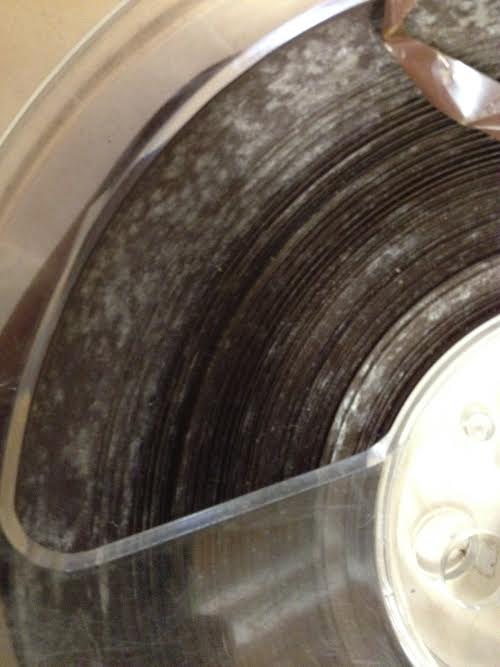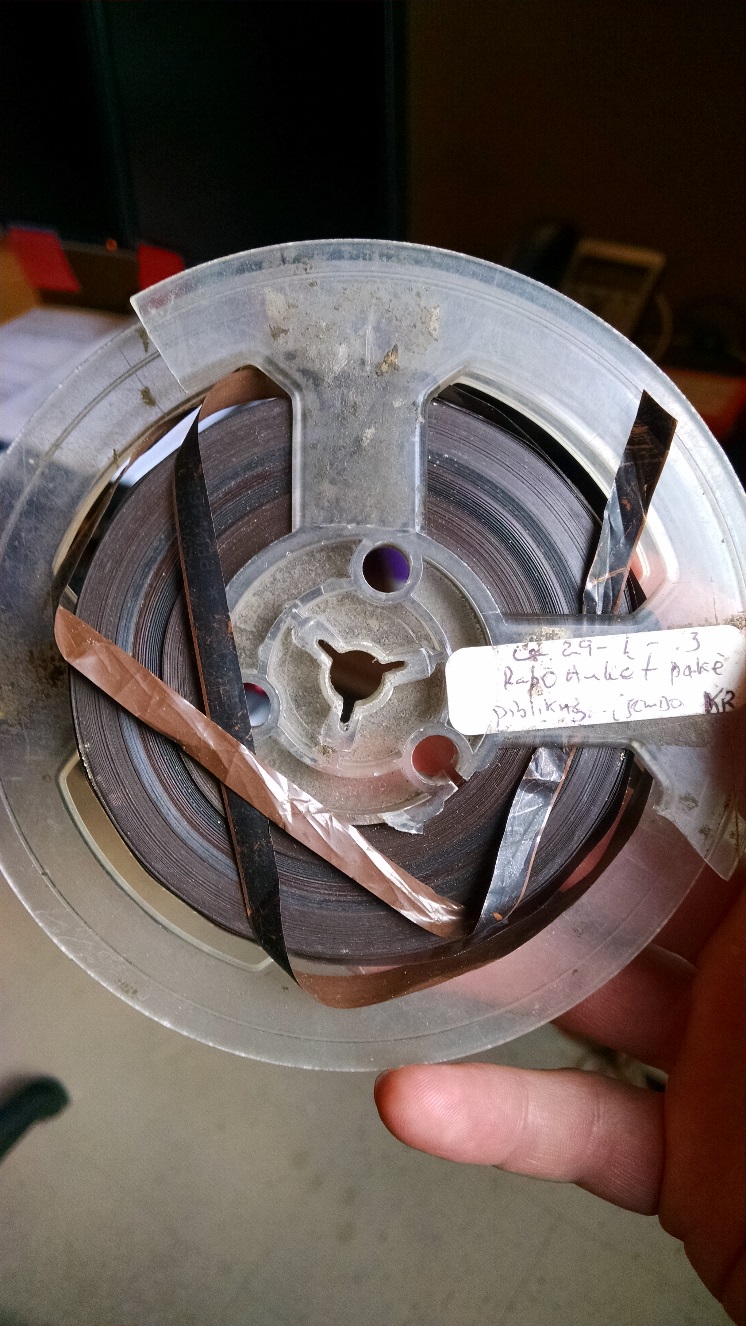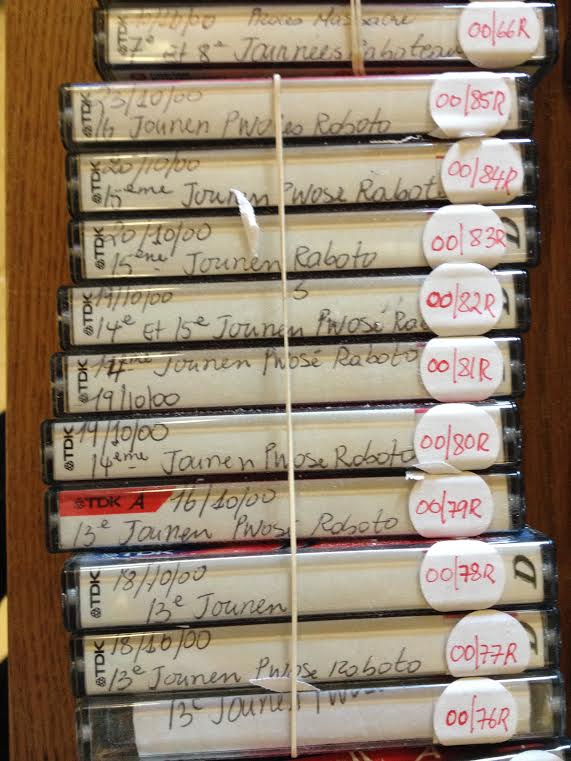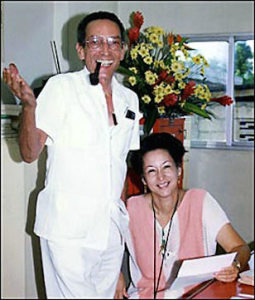On April 26, 1963, François Duvalier ordered his forces – the army and the Tontons Macoutes – to wreak unprecedented violence throughout the city of Port-au-Prince. It was the perhaps the single moment in which the encompassing brutality of Duvalierist repression was realized in full.
On April 26, 1986, two and a half short months after the fall of Jean-Claude Duvalier, eight civilians were gunned down by the army at a commemoration of the violence that had taken place twenty-three years before. It was one of the first of many events that proved that Duvalierism and Macoutism would outlive the Duvalier regime.
* * * * * * * * * * * *
The morning of April 26, 1963, the presidential car bringing François Duvalier’s children Jean-Claude and Simone to school was attacked by four armed men; the Duvalier children’s chauffeur and two bodyguards were killed. Duvalier père responded by issuing a call to arms on the national radio, commanding and authorizing the Macoutes and other Duvalier partisans to hunt down and kill the perpetrators, or ostensible perpetrators, of the attempted kidnapping.
François Duvalier believed that a group of military officers were plotting against him, in particular Lieutenant François Benoît, whom Duvalier accused of having masterminded the kidnapping attempt. (It was later discovered that the attack had been engineered by Clément Barbot, the former chief of the Tontons Macoutes who had once been one of Papa Doc’s closest confidants.) That day, Duvalierist forces hunted down and tried to exterminate the entire Benoît and Edeline families (the family of François Benoît’s wife). The Benoît home was burned down, and Lieutenant Benoît’s mother, father, toddler son, the baby’s nanny and another household worker were killed. At least seventy-four people were killed or disappeared that day. Many were military officers; many others were relatives of military officers (including small children), household workers employed by targeted families, or people who were simply in the wrong place at the wrong time. An elderly lawyer named Benoît Armand was murdered merely because his first name was Benoît. Since Duvalier had his supporters given carte blanche to carry out these killings, the rampage was both opportunistic and indiscriminate.
That arbitrariness was not incidental. On the contrary: it was a fundamental part of the Duvalierist machine, essential to creating a climate of fear and exerting political and social control. In 1991, Jean Dominique spoke with members the Komite Pa Bliye (the Do Not Forget Committee), a sometimes-uneasy alliance of survivors and relatives of the victims of Duvalierist violence (including Guylène Bouchereau, whose father, Captain Jean Bouchereau, was among the officers who disappeared on April 26, 1963). Jean Dominique summarizes the ruthless logic of the regime’s terror: “If an individual man decided to fight against Duvalier, Duvalier would say, ‘if you fight against me, your entire bloodline will disappear.’ So, in addition to the destruction that the dictatorship carried out, it established a rule of terrorism, a domino effect that would exterminate entire families, entire bloodlines.”
* * * * * * * * * * * *
Jean-Claude Duvalier’s fall and hasty departure from Haiti on February 7, 1986 was followed by an initial swell of hope that the democratic project could at last begin. Devoir de mémoire (the duty of remembrance) was part of that process: commemorating the tragedies and atrocities of the past so that they would not happen again. But the democratic dream stalled almost as soon as it took off; neither the authoritarian structures the regime had created nor the sense of terror that the regime had inculcated could be removed as easily as the dictator himself.
On April 26, 1986, a group of people, among them several surviving members of the Benoît and Edeline families, commemorated the massacres of April 26, 1963 by organizing a mass at Sacre Coeur church followed by a march to Fort Dimanche, the notorious prison where untold opponents of the Duvalier regime were tortured and killed. Many young people, excited at the possibility of social and political change, participated in the demonstration. Jackson Row, twenty-six years old, worked as a typist at the Nouvelliste. He would have been a small child, unaware, when the 1963 violence took place. High school students Wilson Auguste and Wilson Nicaisse, aged eighteen and sixteen, had not yet been born in 1963. They were too young, all of them, to really remember the bloodiest years of the Duvalier regime. Nevertheless they went out that day to commemorate the injustices of the past. The mothers of both Wilson Auguste and Jackson Row would later speak of how their sons had never even seen Fort Dimanche before that day.
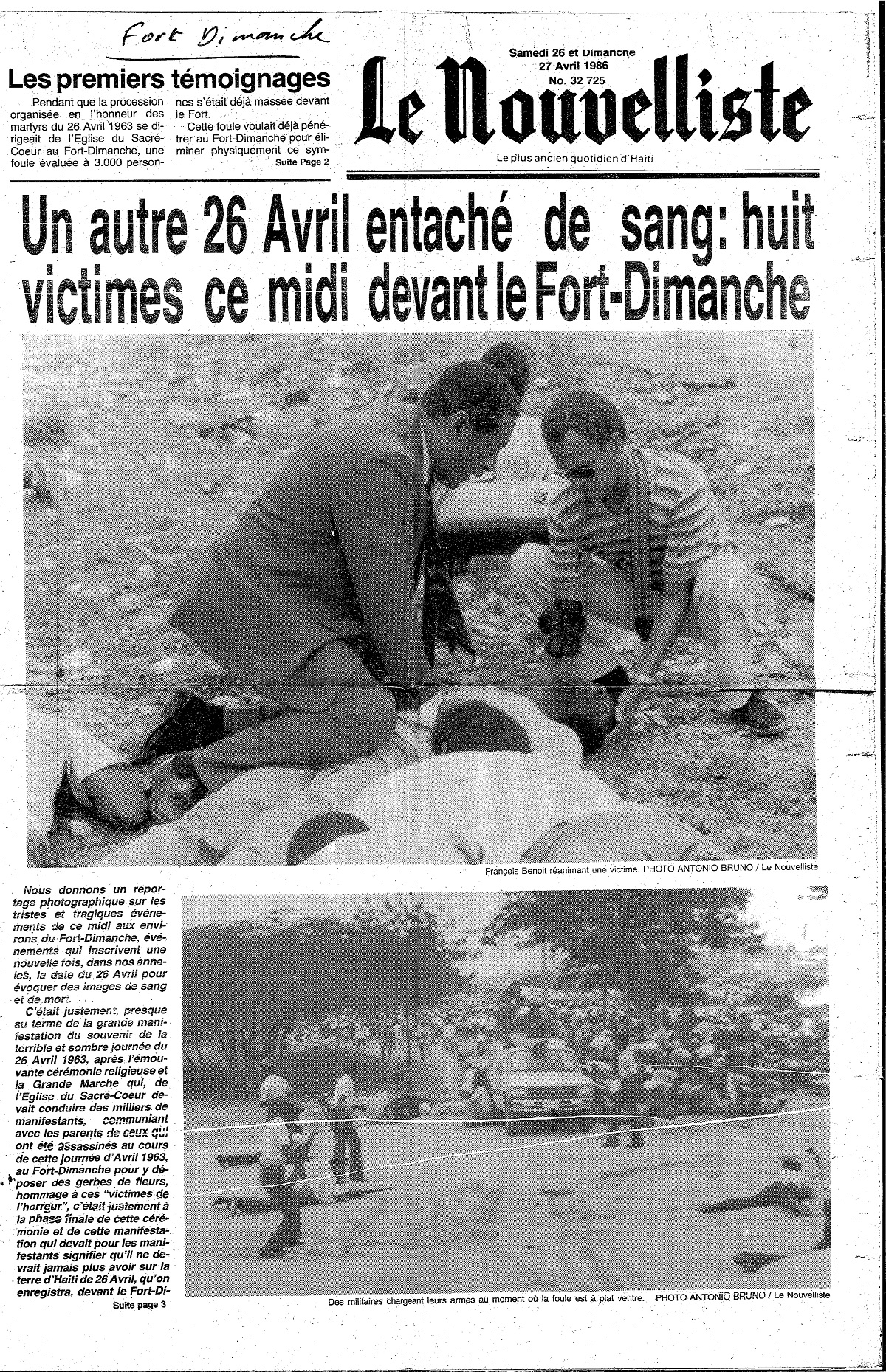
Gary Desenclos, a human rights observer at the march, watched the events unfold from a point between the crowd assembled in front of Fort Dimanche and the soldiers standing guard. As Desenclos explains on Radio Haiti, the commander instructed the other soldiers that if there was any “provocation” from the demonstrators, they should respond to the provocation. “That was the first warning, for me,” Desenclos reflects. “Because, I don’t know – those people didn’t have any kind of defensive weapons, tear gas, anything like that. So when you say ‘respond to provocation’ and you’ve got a rifle in your hands, I don’t know what that could mean.” The protestors were peaceful. At times they became impassioned, shouting and chanting, but they were unarmed, and, according to Desenclos, François Benoît managed to calm the crowd. And then, suddenly (“this was, for me, the most incomprehensible thing,” Desenclos recalls), the soldiers stepped back. The crowd advanced. And then, from somewhere, a shot rang out, the sound of a projectile, likely a tear gas canister, being launched.
After the fact, some people would argue that the shot could have come from within the crowd. But, as Desenclos observed, the only person with a projectile launcher was that same commanding officer. Desenclos heard the shot. “And it came from my far left. There was no crowd at my far left…. The shot didn’t come from the crowd. It came from the soldiers.”
The soldiers opened fire, the massacre began. They shot blanks into the air and bullets into the crowd. The measured, neutral testimony the human rights observer becomes more fragmented as he recalls the massacre. “I can tell you something, because I work for a human rights mission: I find this completely against all principles of human rights. At a certain point, several people in the crowd tried to save a young man, they tried to carry him away. And I saw two or three soldiers point their rifles at them and said, ‘Lage l atè. Lage l atè. Lage l atè. Drop him. Drop him. Drop him.’” At one point, Desenclos saw a man ripped apart by bullets. “He told me his name in that moment, but I’ve forgotten his name. There was no one there to help him, and I went to him, and he said, Pa bliye di ki m rele entèl. Don’t forget to tell them my name was so-and-so.”
Among those killed that day were Jackson Row, Wilson Auguste, and Wilson Nicaisse.
The relatives of the three young men wrote a letter to the Minister of Justice. It begins:
“We are: Mezilia Solivert, mother of Jackson Row; Vernilia Vernet, mother of Wilson Auguste; Matania Nicaisse, sister of Wilson Nicaisse. Our children and brother left their homes to fulfill a duty in alongside others who had lost their loved ones: mothers who lost their children, children who never knew their fathers, those who lost sisters, and all those who have suffered down to their core. It was the first time in twenty-nine years that such people could cry for what they had lost. It was the first time they could discover where their relatives’ bones were buried. It was the first time that they would light a candle and bring flowers to the dead. Our children and brother never came home. They fell before Fort Dimanche, the same place where Duvalier’s criminals and evildoers carried out their murders.
“Our children and brother went to a peaceful demonstration. They had no guns, they had no machetes, they had no knives in their hands. They died just as those who died under Duvalier. And just the same, to this day we don’t know how this happened, nor who is responsible. Democratic organizations, newspapers, radio, everyone has cried out… but nothing has come of it. It’s as though it were nothing at all. Minister, sir, we raised our children, we turned them into brave men, and all we have reaped is pain. They took them from us.”
* * * * * * * * * * * *
On the one-year anniversary of the 1986 massacre, the mothers and sister of the slain young men demand justice on the airwaves of Radio Haiti. Their grief is still fresh. Their testimonies are raw, choked and painful. They are working-class women, supporting their families as small-scale vendors (ti machann) in downtown Port-au-Prince. Unlike, for example, François Benoît and the members of the Komite Pa Bliye (relatively affluent and educated people who chose to participate in devoir de mémoire because of the violence and loss they had endured in their families), these three women are almost certainly unaccustomed to making public claims for justice. As they speak, the lives and personalities of the young victims emerge in touchingly real terms.

Her voice hoarse, Mezilia Solivert describes her son, Jackson Row. “Jackson was someone, a young man, who never had a problem with anybody. Everyone liked him, he liked everyone. Old and young, he respected everyone.” He saw the procession from Sacre Coeur to the prison, and decided to join. “He helped the people carry flowers and everything,” his mother recalled. “He came back to my home, changed his clothes, and he told me he’d never seen Fort Dimanche, this was the first time he was going to Fort Dimanche. And he left, and he never returned.” Jackson Row’s friends couldn’t bring themselves to tell his mother that he had died. They brought her his small radio and his wallet, and told her that he’d been tear gassed and taken to the hospital, but that he wasn’t dead. “And then I got to the hospital and saw him lying among the dead, with a bullet in his head.”
Vernilia Vernet, mother of Wilson Auguste, an eighteen-year-old high school student, remembers her son in poignant, sweet detail. She is on the verge of tears the entire time she speaks. “I worked hard to raise that child right. He was a child who never went out. When he wanted to go [to the demonstration], he said, Mama, I’m going downtown and then he said, ‘If I had the money, I’ve never been to Fort Dimanche, I’d like to see Fort Dimanche.’ So he heard the mass on the radio, and he said, ‘That mass, that’s something I’d like to be part of.’ So he got himself cleaned up, he put on his clothes, and he went to the mass… When I came home from working downtown, I asked, ‘Oh, where’s Wilson? He hasn’t eaten the food I left for him? Where’s Wilson?’ And my youngest said, ‘Mama, I was going to tell you. He’s been out since this morning to go to the mass, he was so excited about it, he went to it, and he still hasn’t come back.’ And I said, ‘Well, pitit mwen, he must be dead.’ He was a child – he was never looking for trouble. He never went out. The latest he ever came home was 8 pm when school gets out, other than that he didn’t go out at all. And that child was dear to me. Ever since he died…! I’m barely alive at all. That child spoiled me so. If I got home later than usual from downtown, he would say, ‘Oh! Makomè! What were you doing out so late? You know I miss you when I haven’t seen you all day. You need to hurry home.’ When I get home, he even washes my clothes for me. That child did laundry for me. Sometimes I’d come home to find my clothes, even my underwear, washed – he’s the one who washed them for me. I never had to lift a finger at home. Since that child died, I’ve wasted away.”
“Justice, to me, is for these things to stop happening in the country of Haiti. Shooting people for no reason,” continues Mezilia Solivert. Her words unconsciously recall Jean Dominique’s analysis of the lethal logic of Duvalierism, refracted through her own experience, demonstrating again that though the Duvaliers were gone, Duvalierism and Macoutism remained. “When they kill someone’s relative, it’s the whole family they’re killing. They don’t realize that. But that’s it. When you kill one person, you’re destroying the entire family. Because when you kill one person, that was the one who helped the whole family. So you’ve destroyed the entire family.”

Post contributed by Laura Wagner, PhD, Radio Haiti Project Archivist.
The Voices of Change project was made possible through a generous grant from the National Endowment of the Humanities.


